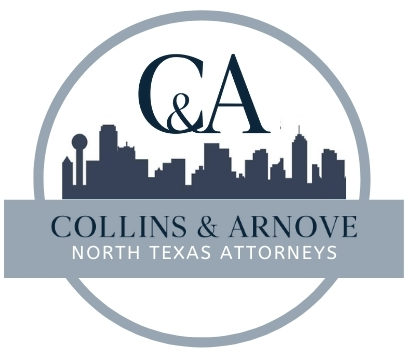Bankruptcy Exemptions: The Basics
You are required to list all of your property (assets) when you file a Bankruptcy case. Your property can then fall into exemptions which allow you to keep that property. The purpose of the exemptions is to give you a fresh start and not a leg up. Different states have determined what this means for their particular citizens. However, here in Texas we have strong exemptions that allow most people to keep all of their property despite filing for Bankruptcy.
Any property that does not fall into the Bankruptcy exemptions belongs to the Bankruptcy estate. In a Chapter 7 case the trustee would take this property and sell it to the benefit of your creditors. In a Chapter 13, the trustee ensures that your Bankruptcy plan distributes at least the amount of your non-exempt property to your unsecured creditors. This test simulates what would happen in a hypothetical Chapter 7 case and is called the “Best Interest Test.”
Here in Texas we have the choice between the Federal exemptions and the Texas Exemptions. A good Bankruptcy attorney will look at your assets and determine which exemption system is best for you. Below are some common pitfalls that can pop up with exemptions.
Exemptions: Money in the Bank & Tax Refunds
If you own your own home in Texas then you probably have a decent amount of equity because of the recent rising prices. Most people have been forced into the Texas exemptions because the Federal exemptions systems limit the amount of equity you can have in your home. The Texas exemptions have an unlimited equity allowance (with an important exception listed below).
The Texas exemption system has no allowance for money in the bank or the equivalent of money coming your way (your tax refund). Thus, you just have to be careful about which day you file your case. If you file on payday and you have money in your account then that money will belong to the trustee. It does not matter that you have a purpose for that money. From a practical perspective — the trustee won’t bother with the money in your account if the balance is low enough (say $2,000). However, if your bank account balance and another piece of non exempt property total over $2,000 then they may. It is important to talk to a good bankruptcy attorney to determine if your have any assets that may be at risk when you file your case.
Being Forced Out of Texas Exemptions
There is a federal law what states exemption system you can use. If you have just moved to a state (within 730 days) then you may not be able to use that state’s exemptions. You actually may have to use your old state’s exemption system. This could be very bad for the debtor who does not realize this rule. For example: if you sold a house in a different state and then move to Texas then you may not be able to exempt the full equity in it because your old state does not have the same unlimited homestead exemption system as Texas. There could also be other issues with other categories of property such as household goods, vehicles, jewelry, etc. All of these categories of exemptions do vary by state. A good summary of what exemptions are allowed to you can be found here.
Homestead Limitation
Similar to the above — the homestead exemption is capped to a certain level if you have moved to the state within 1215 days. The purpose of this rules is to limit high net worth individuals from forum shopping and moving to states with better exemptions to then turn around and file for Bankruptcy. The dollar amount here is pretty high — it’s limited to $160,375 current. It is adjusted for inflation every three years — so the number will change in April of 2019.
Conversion of Exempt Assests
The law is pretty complex here. However, if you convert what would be non exempt property into exempt property before filing Bankruptcy then the trustee can undo that transaction and bring it back into the Bankruptcy estate. As the debtor you are allowed to use what is called “exemption planning.” However, there is a limit. The limit is not codified — but the Courts generally use a good faith approach for this. Here are some examples of situations that could be reversed:
- Money put into an IRA the year before filing
- Money put into an Education fund the year before filing
- Making extra payments on cars and homes
In most cases, the exemptions are pretty clear cut and most cases are determined to be no asset cases. However, some cases are more complex and you need experienced counsel to guide you and limit your risk. At Collins and Arnove we have filed thousands of cases and have dealt with all of these issues multiple times. Call us at 972-516-4255 or contact us online for a free consultation to go over your situation.
